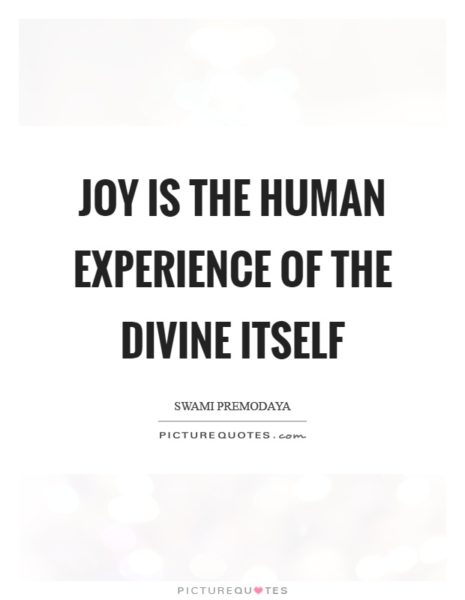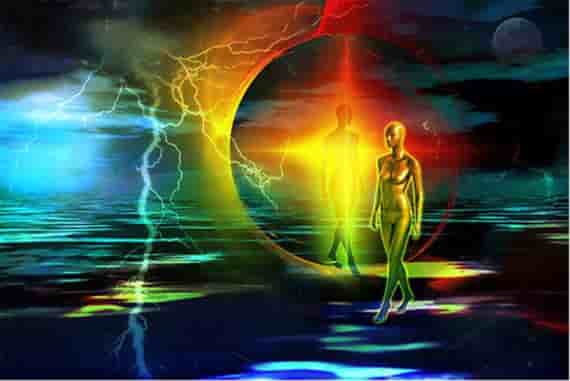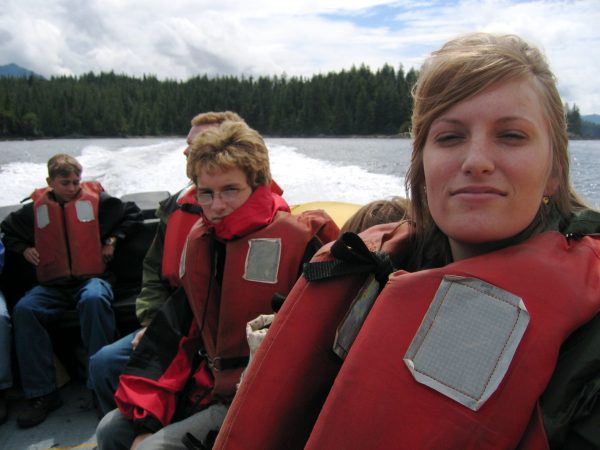Listen to this latest YouTube at around 12:01 to hear Erik say, “Get high” after which Robert says, “Well, Erik says they get high!” Yet another EVP!
Here’s another Best of Erik! I think it’s one of the most important of his posts.
Looking back on my life, I see the wreckage of tragedy in its wake with only small islands of peace and joy. As I reflect on the dark side of life, I ask myself, ‘Why are we here if only to suffer?’ Is the human experience just some random affair? Is it the cruel joke of some Higher Power? If it is either, I want a refund.
Me: Erik, this is a simple but powerful question, maybe the most important one in the book. Why are we here?
Erik: The reason we’re anywhere is because consciousness is about being and life in the physical world as well as in every other realm is about learning to appreciate and become aware of that process of being and everything that it brings with it. That’s the short answer. That’s the purpose of life.
Me: What do you mean by “process?”
Erik: A process is something that’s never complete. The process of being is never complete It’s always changing and perpetually evolving. It doesn’t have a beginning point; it doesn’t have an endpoint.
Me: But why do so many of us, maybe most of us, have to come here and have so many hardships, tragedies and, you know, adversities of all kinds.
Erik: We subject ourselves to struggle, suffering, separation and pain because it’s valuable. When you get to experience what you think is so difficult; it’s hard to believe that –
Erik starts looking up to his right.
Me: Are you thinking?
Erik (in deep reverie): It’s hard to believe that when you die, when you leave your body, all of a sudden, those things that you fought against and didn’t like have so much light that you finally can see the value in it all. You see why you needed to be beaten to within an inch of death or raped or put in jail for a crime you didn’t do. You see why you ended up blind or mute or whatever is was you felt you couldn’t accept as something that was building you up when before you thought it was tearing you down. You wouldn’t think, you know, that when you—
Pause as Erik looks off to the right again, obviously still in deep contemplation. He has his elbow on his knee and his hand under his chin, constantly fiddling his fingers.
Erik: It’s hard to think—I really wanna pick the right words so that anyone who’s reading this will say, “I might be able to believe that.” I think that if I can get people somewhere near believing that this is how it works, it’ll help them change their perspective of what they’re going through.
Me: Right. Opening the door just a sliver to get your toe in.
Erik (laughing): Yeah. We’re doing toe work, Mom!
Me: Instead of footwork!
Erik: But, ultimately, each person has to decide how wide the door will open and what toe they should stick in. It’s not about leading the person to that door, giving him the key, telling him how much to open that door, how to walk across the threshold and where to go afterwards. That’s not what this book is supposed to do.
Me: Well, why can’t we learn what we learn here on Earth on an intellectual level? I sure would have loved to have just read the Cliff Notes or a memo. I would have loved to have thought, “I can learn from child abuse without having to go through it.” Why go through the suffering at all?
Erik laughs.
Erik: Here at Home, where I am, we don’t have those opportunities to get those struggles where we’re forced up against the wall, and—
Me (in mock sarcasm): Oh, poor you!
Erik: It’s really nice being here, but, obviously, if we keep fucking choosing to come back to Earth, there’s something that we’re lacking here.
Me: And that is?
Erik: Being able to have that intensity, those denser parts of what life has to offer. That’s why we choose to incarnate into life. So really the life you’re living is that memo you’re trying to read. This one life you’re living isn’t the complete part of you, your true essence, and I think people get lost thinking that it is. We get so wrapped up in being logical and labeling things so everybody can be on the same page that we see ourselves and our life in a very narrow way. We’ve kind of lost our ability to be more intuitive, and that makes us define life differently. Life isn’t just a narrow string of experiences. It’s an ebb and flow.
Me: What do you mean by the ebb and flow?
Erik: Well, we’re designed to do things according to somebody else’s idea of what life should be. We set a mark or goal based on someone else’s experience or opinion. Yes, that often helps us strive to become better people in terms of society’s standards, but it gives us markers that don’t allow us to enjoy the natural marks that we’d hit on our own. It takes away the joy of your natural forward movement. It makes very rigid what should really be that ebb and flow, that musical way that life moves. Think about it. How the fuck can a person or society tell you what rigid marks to follow and reach? You think you’re going to get punished if you don’t and rewarded if you do. That punishment/reward system doesn’t allow us to follow our hearts. It only tells our brain to kick our asses every day.
And I have the boot prints to prove it.
Me: True. So what you’re saying is, “Follow your heart rather than someone else’s.” Then you can filter it through the brain to see if it all makes sense, logically.
Erik: Yes. You have to know how you feel first. Feel first, think second. I’ll talk more about why some of us choose to suffer and bury themselves in all sorts of struggles, but basically, we’re here to remember who and what we are. We’re here to remember how to love. We’re here to remember that we are love. We know that conceptually where I am, but you need to know it experientially, too.
Me: I remember you explained it with your brownie recipe. Can you go over that again with me?
Erik: Yeah. Here we know about love, but to fully understand it, you have to have that contrast. You can’t see a candle against the Sun, but you can see it really fucking great in the dark. You can’t understand the concept of hot without experiencing cold. So we come down there to act out roles against and with each other to get that contrast. Say you want to fully understand forgiveness, which is one of the many facets of love. To get it, you have to betrayed or harmed by some asshole.
I laugh. Erik and his mouth.
Erik: Now, about the brownie. You can get an idea of what a brownie is because you can see a picture of it and read the recipe, but to completely know what it is, you have to –let’s say Earth is your kitchen—you have to get into the kitchen, mix the ingredient and get batter all over your clothes. Then you pour them into a pan and put them in the oven. If it’s you, Mom, you’ll probably burn your fingers.
True. I’m about the klutziest person I know.
Erik: So, you bake them; take them out of the oven—
Round two of burning my fingers.
Erik: —cool them off, and take a bite. That’s when you really know what a fucking brownie is.
What? No icing?
Erik: You have complete free will, though. You jump into a body, and maybe you do half the shit you thought you wanted to do, and you’re like, “Fuck that. I’m done with this one lesson. I only needed one scoop. I didn’t need two.” Your eyes were bigger than your belly! So you stop. You change your path. There are so many facets of who you are. Think of it like this. The overall human experience is the canvas; free will is the paintbrush, the paint strokes are the different experiences and you are the painter exploring your inner world through your own creativity.
Me: Beautiful analogy, Erik! So you say you can change what your path?
Erik: Yeah! You can change your path. You orchestrate it with free will. Some people go Home when they get their “lesson.” Some people, like you, Mom, stick around to teach other people. You’re teaching people how to let go.
Sigh. I could use a substitute teacher about now.
Me: Do we have to suffer to get the most out of our human experience?
Erik: You say it like suffering is bad, Mother.
Well, I’m not a fan of it.
Me: Suppose it’s not. Do we still have to go through it?
Erik: Suffering is part of self-discovery. You have to discover what kind of brownie you are.
I laugh, but, for the record, double fudge with cream cheese icing.
Me: Under what circumstances is suffering not bad?
Erik: I don’t think it’s bad at all.
Me: Because?
Erik: Because it, energetically—
(Pause)
He has a ball, a baseball or maybe a crumbled up piece of paper, and he’s just throwing it from hand to hand. I’m guessing he’s going to use one of his great analogies to dumb it down for me.
(Pause)
Me: What are you doing, Erik?
Erik: I’m just playing.
I chuckle.
Erik: Suffering, if we look at it energetically, if we come into the life and we have memories, either from past lives, from Home or whatever, and it takes those memory patterns down so that we become neutral. But I think that when people are suffering, they feel like they’re being stripped; they feel naked, destroyed, broken and exposed. They’re not comfortable with that, so they want to protect themselves from it. They refuse to accept it. In protecting themselves, they’re missing the whole reason for why they’re suffering.
Me: So in protecting themselves, it’s basically them saying, “I don’t want this. I don’t want to suffer,” then it gives suffering as a whole a negative connotation.
Erik: Correct. What causes suffering is a resistance to a choice we’re being asked to make. The choice is always based on, “Do I continue to feel the way I feel?” First you have to ask yourself the question, “Do I like the way I’m feeling? Do I want to keep feeling this way?” If you’re asking the question, “How do I let go of being a victim?” then obviously you don’t like the way you fucking feel. Suffering is actually giving you the opportunity to be neutral. It’s stripping you down of whatever you’re suffering from—physical, mental or emotional pain—and in that neutral place, you’re open to learning a different concept, to broadening your perspective as you look at your life. That’s why some people, like alcoholics, are reborn after hitting rock bottom. You can rebuild yourself. You can redefine yourself. That’s when you can completely heal. If you don’t get to that place, your suffering persists. Like they say, “What you resist persists.” When what you call “suffering” approaches, you can embrace it. You can accept it. Then it’s no longer suffering from your past, and it doesn’t beat the shit out of you. The only reason it beats the shit out of you is because you’re trying to fight back.
Me: That’s the resistance you’re talking about.
Erik: Yeah, cuz you’re saying, (in a whiny voice) “Oh, I didn’t want this! I’m the victim. I’m this. I’m that! Hayulp me! Hayulp me!”
He sounds like a TV evangelist.
Erik: You’re fighting it and identifying it as suffering just for suffering’s sake. Then you come up with this idea that you’re getting shit on your plate that you never, ever wanted. Well, guess what? That’s what you signed up for. So embrace and accept suffering, and let it take you to that neutral place so you can see yourself and your life from a broader, more insightful perspective. You discover yourself, and you are love.

Don’t forget about Erik’s Hour of Enlightenment radio show TONIGHT at 5:00 PM PT/7:00 PM CT/8:00 PM ET. No more than 15 minutes before the top of the hour, call 619-639-4606 to ask Erik your question. There are three ways to listen: Listen on the phone line, click on the “Listen” icon on the right sidebar of the blog or click on this link: http://goo.gl/aFHTzJ
Kim is traveling to NYC, and she hopes she gets to the hotel in time for the show. There’s always a chance, given Murphy’s Law and traveling, that she won’t. Send her prayers!



